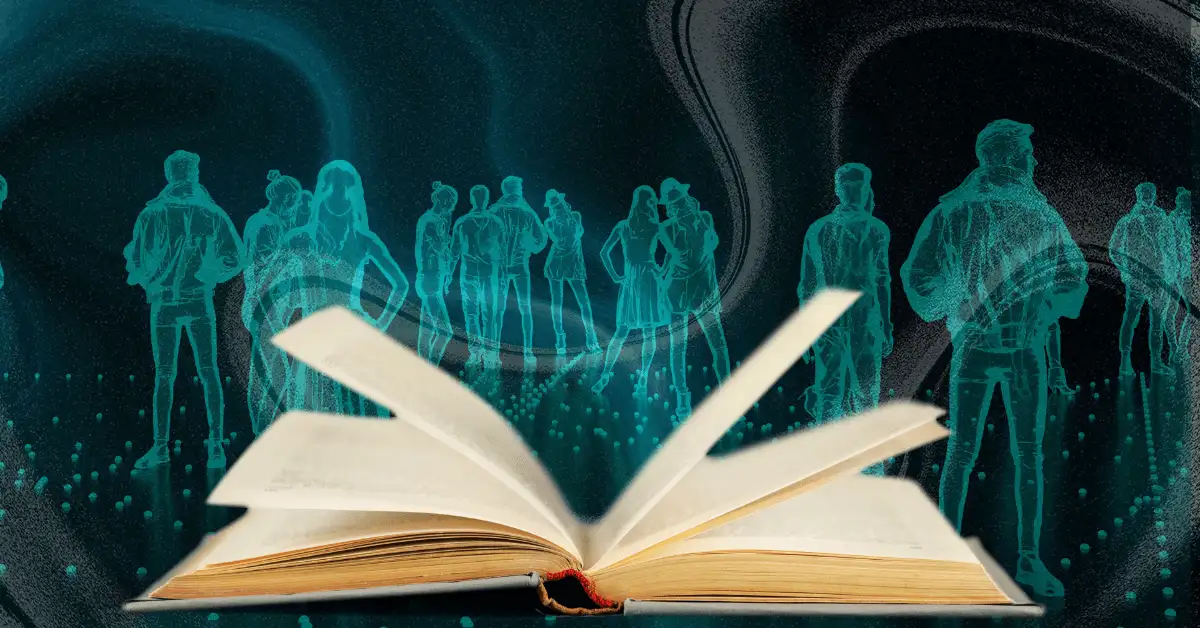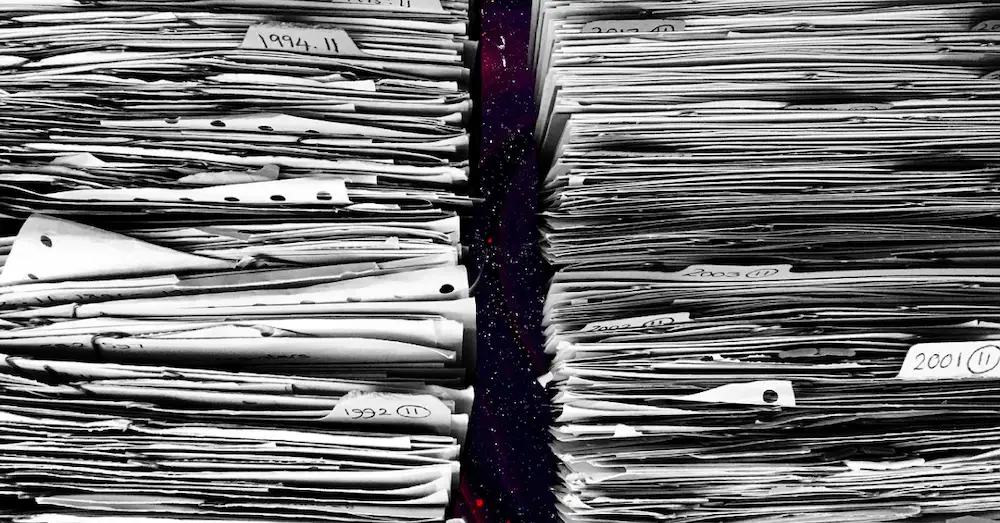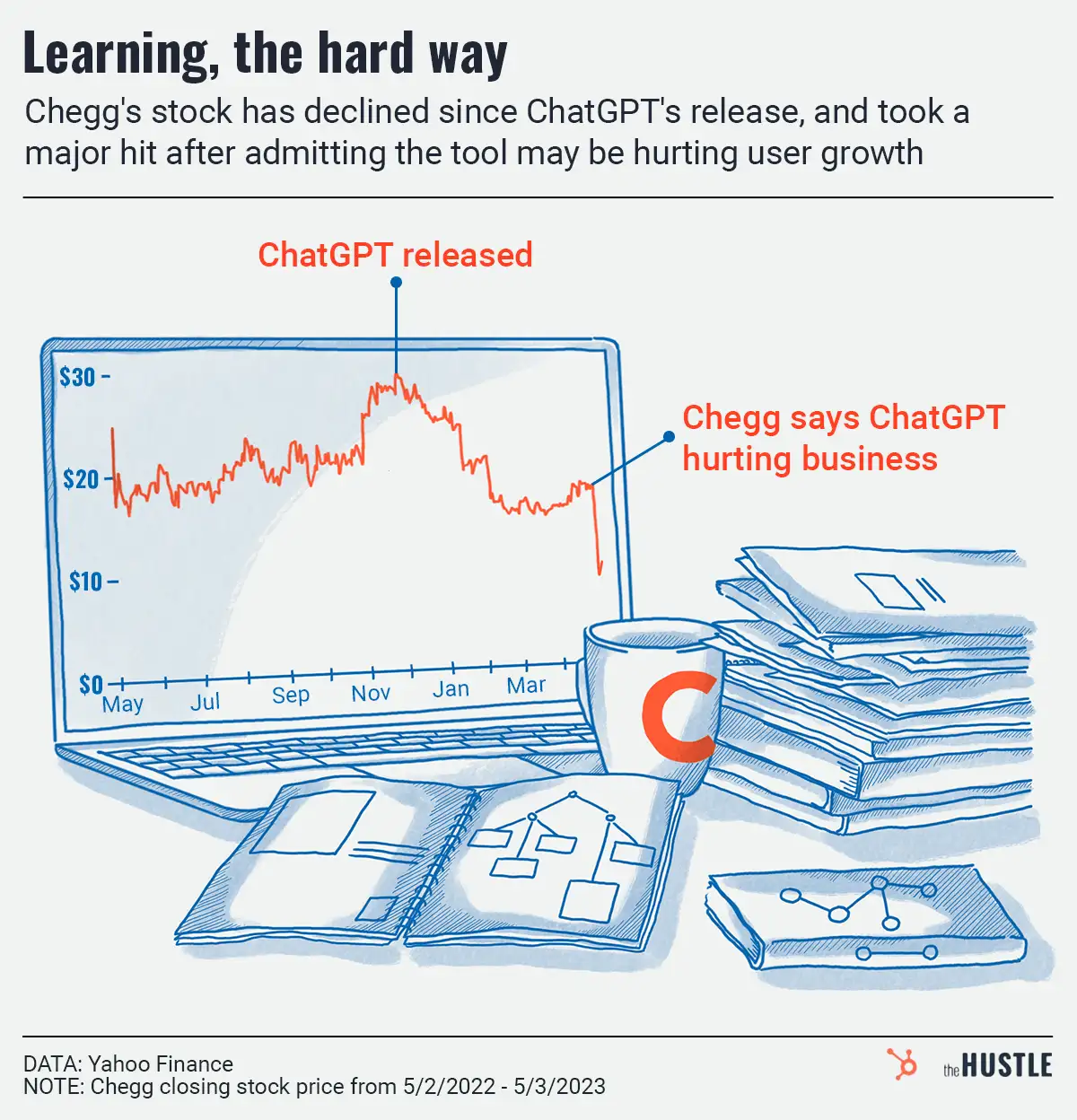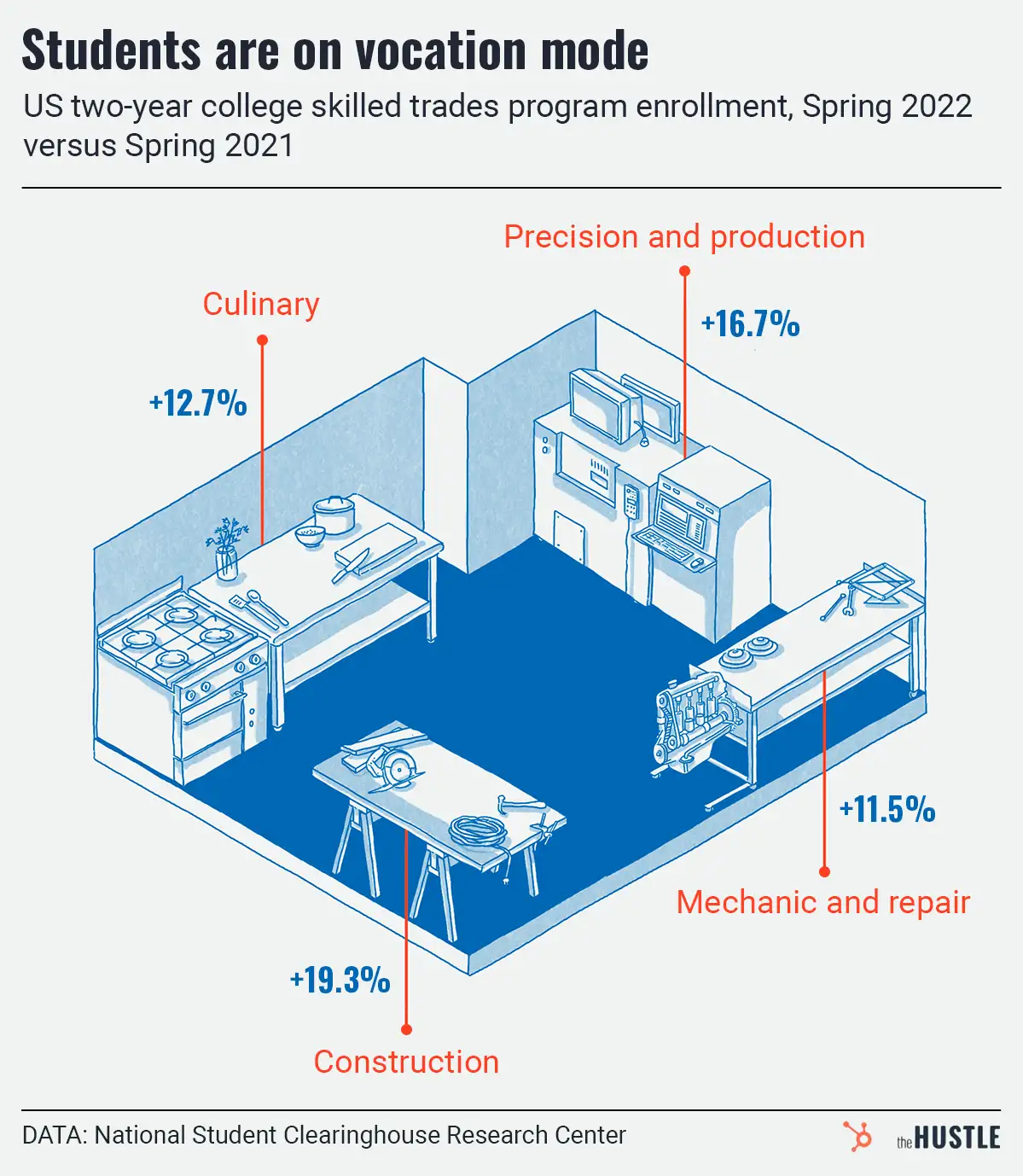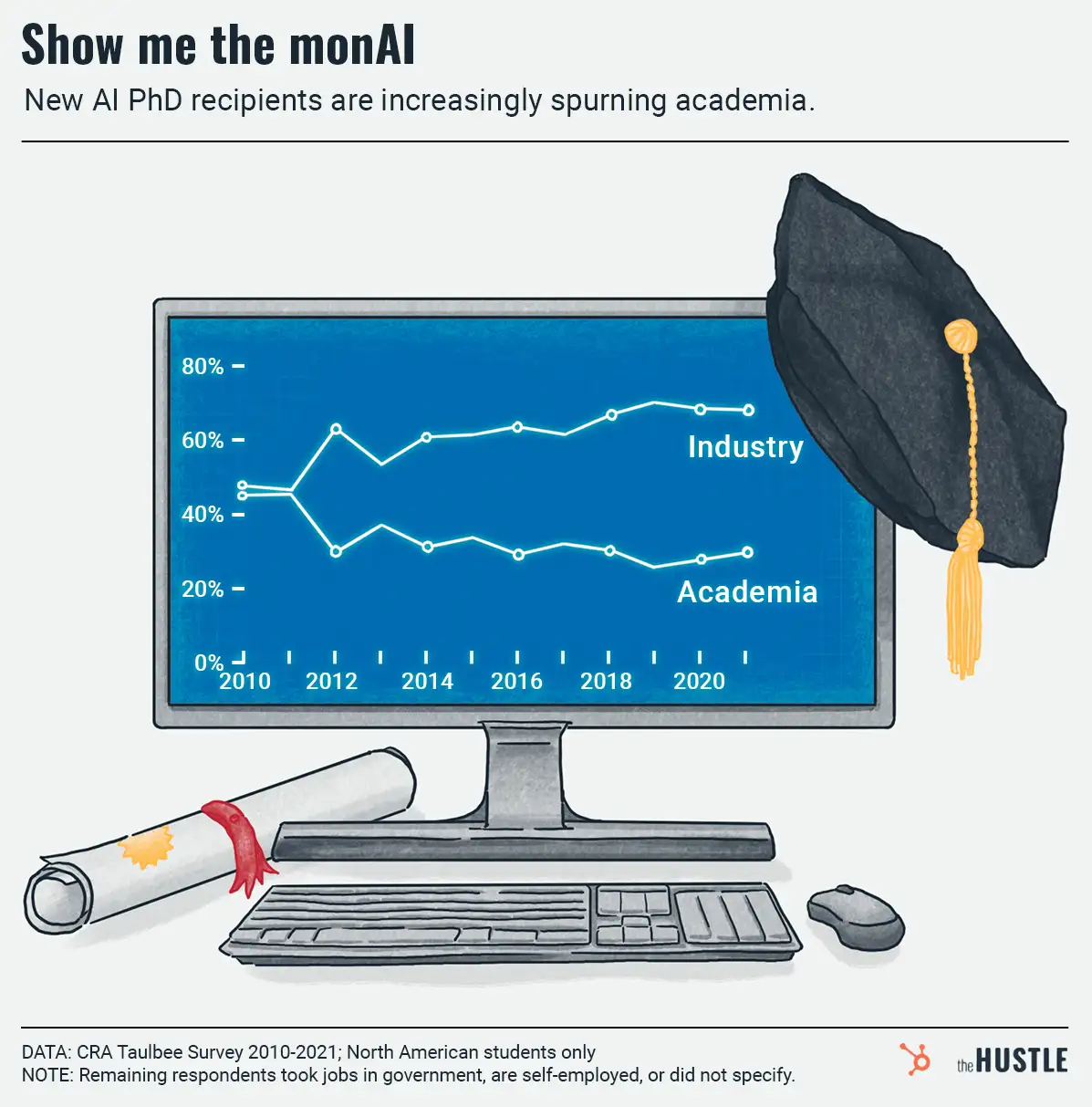In the heart of the pandemic, when physical book rentals were stifled by social distancing guidelines, e-books gave libraries a lifeline.
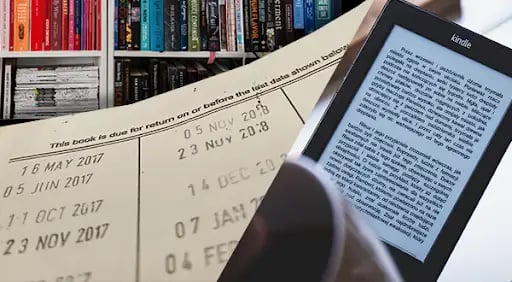
However, due to having a different cost model than physical books, the growing shift to digital consumption could result in serious consequences for libraries, per The New Yorker.
E-books don’t follow the same rules as physical books
Physical books follow a legal policy called the “first sale doctrine.” This rule allows libraries to purchase a book then lend it to readers in perpetuity at no additional cost.
With e-books, the first sale doctrine doesn’t apply — and publishers offer a range of license types, including:
- Limited Loan License: Requires the library to repurchase the license after a specified number of checkouts
- Limited Term License: Requires the library to repurchase the licence after a specified period of time
- Pay-per-Use License: Charges a fee for each individual checkout
These digital licenses are more expensive for libraries, which, as public entities, don’t have huge budgets to begin with.
More readers are going digital
OverDrive, a leading marketplace for e-books and audiobooks, went from fewer than 200m checkouts on the platform in 2016 to 430m+ in 2020.
While many librarians celebrate e-books for giving readers more options, they may soon be forced to reckon with the economics.

